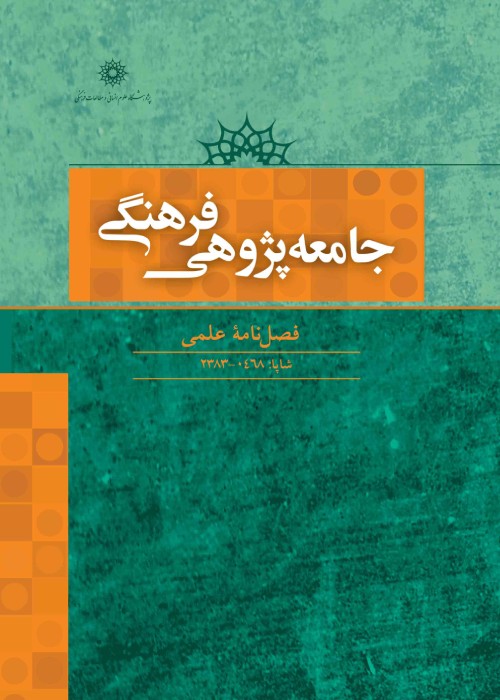Recognition the Indicators of Social and cultural order in Iranian-Islamic city (comparative comparison of Tabriz historical market and surrounding passages)
In Islamic city, social order or based on the principles and teachings of religion is an expression of Islam or in harmony with Islamic teachings that are current in the everyday lives of Muslims, so that observance of these principles and rights in the Islamic city as part of certain beliefs and rights Muslims are accepted. The most important rule regulating social, cultural and economic relations in the Islamic city of social order is the laws and decrees of the Shari'ah that regulate the behaviors, interactions and affairs of Muslims in the Islamic city. Social order must be significant in terms of how people are present in the community, trade, shopping, and consumption, work and leisure. This article aims to explain the principles, foundations and characteristics of social order in Islamic city using the method of research, qualitative analysis of the content of the texts in the theoretical part and the survey research method in the case study, which is distributed through the distribution of 750 questionnaires among the merchants and marketers with The social order categories and the use of the Likert spectrum are comparative comparisons between the historical market and the passages around it. The findings of the case study section show that the items related to social order from the point of view of the merchants, marketers and clients of the historical market are more than the passages around it. Neighborhood interaction and social monitoring, the participation of marketers in different events and their coordinated actions on various occasions such as mourning, vow and ehsan are considered as Islamic models and the social order of historical markets. In contrast to those contemporary passages, which are Western-style commercial centers, many of these patterns are low in social order, and they overcome consumerism, profitability and passage.
Order , Unity , Islamic city , cultural order , social order
- حق عضویت دریافتی صرف حمایت از نشریات عضو و نگهداری، تکمیل و توسعه مگیران میشود.
- پرداخت حق اشتراک و دانلود مقالات اجازه بازنشر آن در سایر رسانههای چاپی و دیجیتال را به کاربر نمیدهد.


